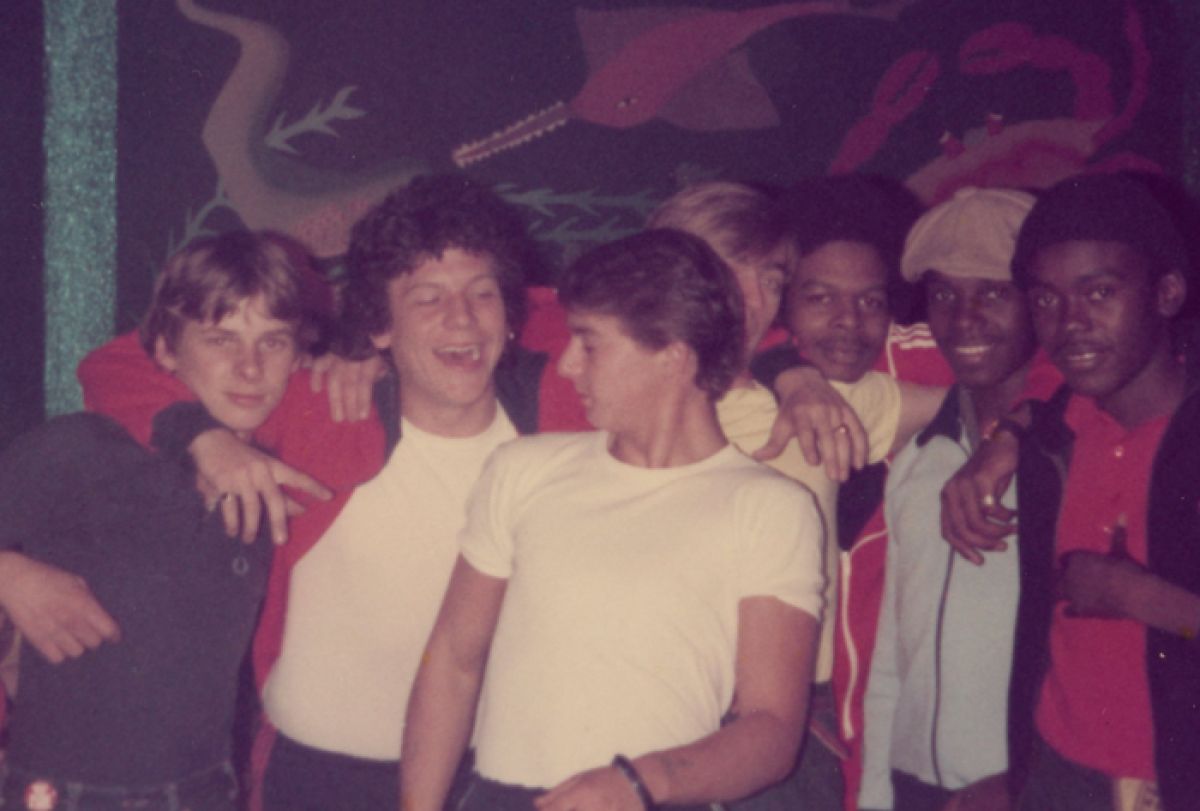These days, the holiday park weekender is a staple of the British festival circuit. Events like BLOC, Bugged Out and Southport Weekender have been taking over Butlins and Pontins holiday camps up and down the country over the last few decades, turning the family focused resorts into late night dens of debauchery and quality dance music. But when Caister Soul Weekender started at The Haven in Great Yarmouth in 1979, the concept was an entirely new one.
“Back then, you pretty much stayed at home with your parents until you got married,” says Terry Farley, British house music legend and founder of The Faith Fanzine. “No one I knew went to uni or moved to Peckham just because it was cool, so the chance to be out of the house with your mates for three days, and away from your parents, was amazing.”
Like many others from the South-East of England, Farley had fallen into the soul scene in his teens through nights put on in the back of pubs and trips to clubs like Crackers in London and The California Ballroom in Dunstable, as well as listening to DJs like Greg Edwards on Capital Radio. But the chance to spend three whole days immersed in the soul scene was a new one.





